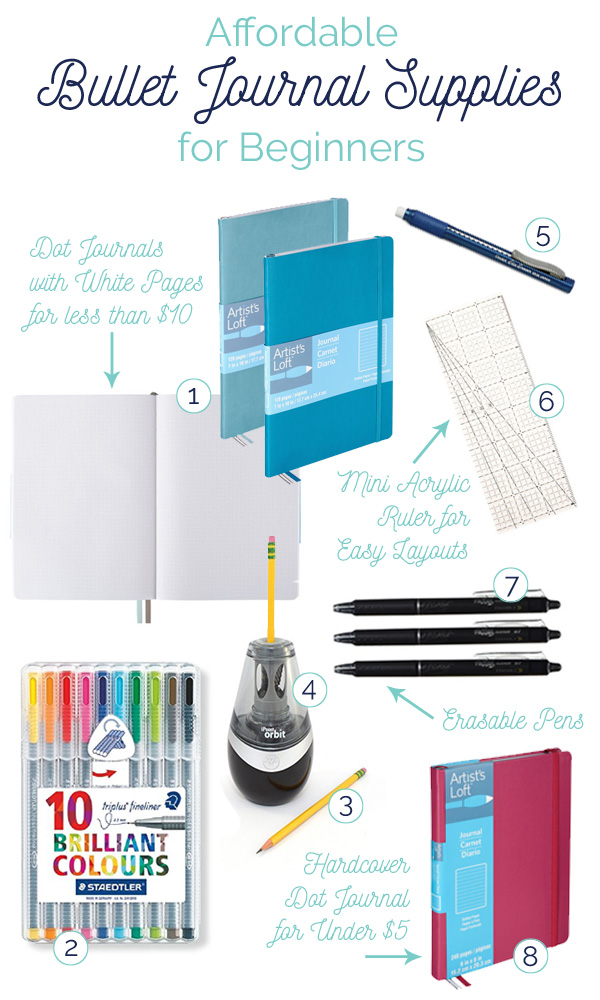
Welcome to the world of reflective journaling, where the art of self-reflection becomes a powerful tool for personal growth and development.
In this article, we will delve into the techniques that will help you master the art of reflective journaling.
Through carefully selected topics, detailed descriptions, and deep introspection, you will learn how to analyze and evaluate your experiences, allowing you to gain valuable insights and progress on your journey towards self-discovery.
Join us as we embark on this transformative exploration of the self.
Understanding Reflective Journaling Techniques
One of the key techniques in understanding reflective journaling is to establish a regular writing routine. Reflective journaling is a powerful tool that allows individuals to explore their thoughts, feelings, and experiences in a structured and introspective manner. By dedicating a specific time each day or week to sit down and write, individuals create a safe space for self-reflection and personal growth.
Reflective journaling offers numerous benefits, both psychological and emotional. It promotes self-awareness, helping individuals gain a deeper understanding of their own thoughts and emotions. It also enhances critical thinking skills and encourages problem-solving. Moreover, reflective journaling can serve as a form of stress relief and emotional release.
To effectively engage in reflective journaling, it is essential to use effective journaling prompts. These prompts can vary depending on personal preferences and goals. Some examples include writing about a challenging situation and reflecting on how it was handled, exploring personal values and beliefs, or analyzing personal growth and development over time. The key is to choose prompts that resonate with you and inspire self-reflection.

Selecting Meaningful Topics for Reflection
Many individuals find it beneficial to explore a variety of topics and engage in reflective journaling to facilitate personal growth and self-discovery. Reflective journaling provides a safe space to delve into one's thoughts, emotions, and experiences, allowing for a deeper understanding of oneself and the world around them.
When selecting topics for reflection, it is important to choose those that resonate with you on a personal level and have the potential to bring about growth opportunities. This could include examining challenging situations, exploring personal values and beliefs, or reflecting on moments of success and failure.
Crafting Detailed Descriptions in Your Journal
During your reflective journaling practice, it is essential to dedicate time and effort to crafting detailed descriptions that capture the essence of your experiences and emotions. By improving your introspection skills and enhancing self-awareness, you can delve deeper into your thoughts and feelings, leading to a more meaningful and impactful journaling practice.
Here are some ways to craft detailed descriptions in your journal:
- Use vivid and sensory language to evoke emotions and create a vivid mental image.
- Be specific and provide concrete details to paint a clear picture of your experiences.
- Utilize metaphors and similes to express complex emotions and thoughts.
- Experiment with different writing techniques, such as stream-of-consciousness or free writing, to tap into your subconscious mind.
Deeply Reflecting on Personal Experiences
Regularly engaging in deep reflection on personal experiences is crucial for fostering self-awareness and gaining valuable insights into one's thoughts, emotions, and actions. Through this process, individuals embark on a journey of self-discovery and emotional growth.
Reflective journaling provides a safe space to explore and analyze personal experiences, allowing individuals to delve deeper into their thoughts and emotions. By reflecting on past events, one can gain a deeper understanding of their own behavior, motivations, and beliefs. This self-awareness facilitates personal growth and empowers individuals to make more informed decisions in the future.
Furthermore, reflecting on personal experiences enables individuals to identify patterns and recurring themes, providing valuable insights into their own strengths and areas for improvement. Ultimately, deep reflection on personal experiences is a powerful tool for self-discovery and emotional growth, enabling individuals to live more fulfilling and purposeful lives.

To enhance the depth and accuracy of reflections, individuals can utilize various tools and techniques for analyzing and evaluating multimedia content. This process allows for a more comprehensive understanding and assessment of the information being presented.
When evaluating the effectiveness of multimedia, it is important to consider its impact on emotions, cognitive processes, and overall message delivery.
Exploring biases within multimedia content is another crucial aspect, as it helps individuals recognize any underlying influences or perspectives that may skew their interpretations.
Frequently Asked Questions
How Can I Make My Reflective Journaling More Creative and Engaging?
To make your reflective journaling more creative and engaging, try incorporating various creative journaling techniques such as visual art, poetry, or storytelling. Additionally, explore engaging journaling strategies like self-reflection prompts, using sensory details, or experimenting with different writing styles.
What Are Some Tips for Overcoming Writer's Block When Journaling?
When facing writer's block in journaling, there are various strategies and techniques that can be employed to overcome this obstacle. By exploring innovative approaches and ideas, individuals can enhance their creativity and find new inspiration in their reflective journaling practice.
How Can I Use Reflective Journaling to Improve My Problem-Solving Skills?
Reflective journaling can be a powerful tool for improving problem-solving skills and enhancing critical thinking. Through introspection and self-reflection, individuals can gain insights into their thought processes and identify areas for growth and improvement.
Are There Any Specific Journaling Prompts or Exercises That Can Help Deepen My Reflective Practice?
Reflective prompts and effective exercises can greatly enhance the depth and quality of your reflective practice. They provide structure and guidance, encouraging introspection and facilitating personal growth. Incorporating these tools into your journaling routine can lead to valuable insights and self-discovery.

Reflective journaling is a powerful tool for self-discovery and personal growth. It allows individuals to engage in self-reflection, gain insights into their thoughts and emotions, and develop a deeper understanding of themselves. Through various techniques, such as prompts and exercises, reflective journaling can help individuals unlock their potential and achieve personal growth.
 Writing TipsCreative WritingJournalingSketching TechniquesBuying GuidesPrivacy PolicyTerms And Conditions
Writing TipsCreative WritingJournalingSketching TechniquesBuying GuidesPrivacy PolicyTerms And Conditions
